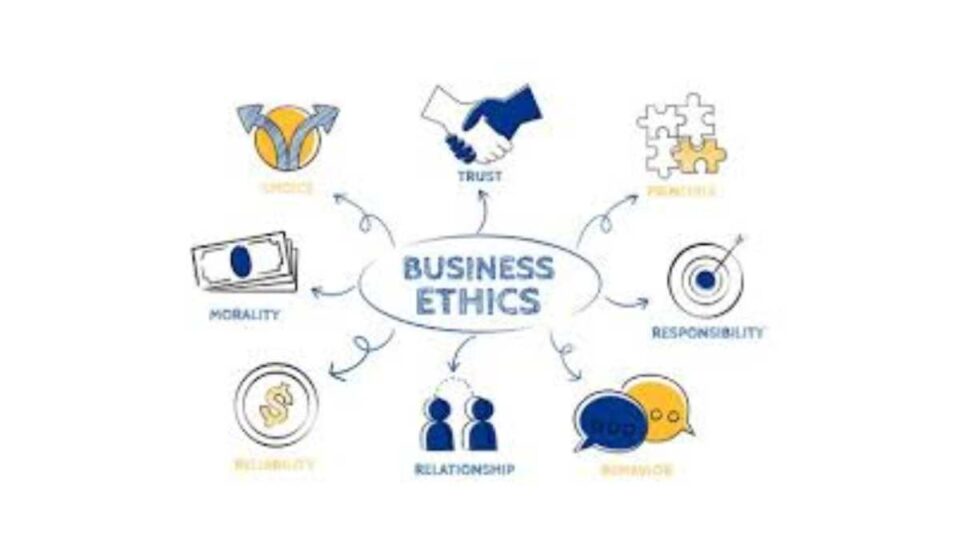Ethical decision-making is a cornerstone of sustainable business success, influencing every phase of the business management cycle. From strategy formulation to execution, businesses that prioritize integrity not only build trust but also lay the foundation for long-term growth. Ethical corporate governance, which involves transparency, accountability, and fairness in decision-making, is vital to ensuring that business practices align with organizational values and societal expectations. By embedding ethical principles into their governance structures, businesses can cultivate a culture of integrity that guides operations at every level.
One critical area for ethical oversight is the supply chain. In a globalized economy, maintaining compliance with ethical standards across complex supply networks is challenging but essential. Businesses must ensure that suppliers adhere to fair labor practices, environmental regulations, and human rights norms. Regular audits, transparent reporting, and collaborative initiatives with suppliers can help organizations uphold ethical standards and mitigate reputational risks. By doing so, companies demonstrate a commitment to social responsibility, which resonates with ethically conscious consumers and stakeholders.
The integration of ethics into daily operations offers tangible benefits for businesses. Ethical companies often enjoy stronger employee engagement, as workers are more motivated to contribute to organizations they perceive as principled and purpose-driven. Similarly, consumers are more likely to support brands that reflect their values, enhancing customer loyalty and market share. Ethical decision-making also reduces the risk of legal disputes, fines, and scandals, safeguarding a company’s financial health and public image.
Moreover, the long-term benefits of ethical practices extend beyond immediate financial gains. Companies that prioritize integrity in their operations foster lasting trust with stakeholders, from investors to communities. This trust translates into resilience during crises, as ethical businesses are more likely to receive support from stakeholders when faced with challenges. Over time, these companies build a reputation as reliable, values-driven entities, positioning them as industry leaders and preferred partners in their fields.
In conclusion, embedding ethical decision-making into the business management cycle is no longer optional but essential. From corporate governance to supply chain oversight, organizations must prioritize integrity at every stage of operations. The rewards of such an approach—enhanced brand reputation, increased stakeholder trust, and long-term sustainability—far outweigh the challenges of implementation. By committing to the ethics cycle, businesses can achieve success that is not only profitable but also principled and enduring.


